What Are the Pros and Cons of Tuning or Remapping an Engine?
Highlights:
- Engine remapping optimizes fuel-air ratio and ignition timing for better performance.
- Drivers may gain improved horsepower, torque, and fuel economy.
- Potential drawbacks include warranty loss, engine wear, and emissions compliance risks.
- Professional ECU tuning at certified shops in Bedford, TX helps ensure safety and reliability.
- TLS Auto Specialist provides expert evaluation for performance upgrades.
Understanding Engine Tuning and Remapping
Engine tuning, often called remapping, involves adjusting the engine control unit (ECU) software to modify how the engine delivers power. The ECU governs parameters such as fuel injection, boost pressure, and ignition timing. By recalibrating these settings, technicians can improve throttle response and engine efficiency. Modern vehicles have ECUs with factory settings designed for average conditions, so tuning unlocks the engine’s potential within safe mechanical limits. However, the process requires precision and deep knowledge of vehicle systems to avoid damaging components or violating emissions regulations.
Performance Gains and Efficiency Benefits
One of the key benefits of an ECU remap is increased horsepower and torque. By optimising engine parameters such as turbo-boost levels and air/fuel ratios, drivers can see meaningful performance gains — especially in turbocharged vehicles. According to Factory Racing, turbo petrol engines can gain around 15-30% more horsepower, while turbo diesels may see torque increases of 20-40%. Additionally, many owners report improved fuel economy, since the engine is able to operate more efficiently — a valuable benefit for drivers who frequently travel long distances or tow heavy loads.
Risks of Engine Stress and Wear
While tuning enhances power, it can also increase mechanical stress. Higher turbo boost pressures or leaner fuel mixtures can raise combustion temperatures and accelerate wear on internal parts. Engines not built for high-performance use may struggle with the added strain. According to GAN Tuning Büro, incorrect tuning increases stress on the engine and can significantly shorten its lifespan, particularly when factory components are pushed beyond their design limits. Additionally, improper tuning or low-quality remapping tools can lead to detonation (engine knocking), poor idle stability, or even catastrophic failure — especially in older or high-mileage engines.
FAQ: Engine Tuning Basics
Does remapping void my warranty?
Most manufacturers consider ECU remapping a modification that voids the powertrain warranty unless done by authorized technicians.
Can I undo a remap?
Yes, professional tuners can restore the ECU to its factory settings if necessary.
Is tuning safe for daily driving?
When performed by certified professionals and within safe parameters, tuning can be reliable for daily use.
Impact on Fuel Economy and Driving Style
Engine remapping can make a car feel livelier, but results depend on driving habits. Drivers who frequently use higher RPMs may consume more fuel despite efficiency improvements. Conversely, moderate driving after tuning often yields better mileage. The ECU recalibration helps the engine burn fuel more precisely, reducing wasted energy. For example, torque optimization allows shifting at lower RPMs without losing acceleration. These efficiency changes highlight why professional tuning is not just for racing enthusiasts—commuters in Bedford, TX also benefit from smoother drivability when performed correctly by shops like TLS Auto Specialist.
Emissions and Legal Considerations
A key downside of tuning is emissions compliance. Altering fuel delivery or exhaust parameters can push vehicles beyond federal emissions standards. According to the United States Environmental Protection Agency(EPA), the Clean Air Act prohibits anyone from “knowingly remove[ing] or render[ing] inoperative any device or element of design installed on or in a motor vehicle for the purpose of controlling emissions.” Many professional tuners must ensure that catalytic converters, oxygen sensors, and onboard diagnostics remain fully operational. Failure to maintain compliance can lead to failed emissions inspections or significant fines.
FAQ: Legal and Environmental Aspects
Will a tuned vehicle pass inspection?
It depends on local laws. Some regions require emissions-ready tunes that maintain compliance.
Is eco-tuning the same as performance tuning?
No. Eco-tuning focuses on efficiency, while performance tuning maximizes power output.
Can tuning harm my catalytic converter?
Yes, if the air-fuel mix is too rich or lean, it can shorten the converter’s lifespan.
Choosing Between Factory and Custom Tunes
Drivers have two main options: factory-approved “stage” upgrades or custom tunes. Factory tunes come from automakers or authorized partners and are generally safe for warranty retention. Custom remaps are tailored to the individual vehicle but carry higher risk if done incorrectly. Skilled technicians use dynamometer testing to measure power output and adjust software gradually. For turbocharged engines, this precision ensures consistent boost control and safe cylinder pressure. The best approach depends on driver goals—whether improving towing, racing, or long-distance cruising efficiency.
Hardware Compatibility and Supporting Mods
Effective tuning often goes hand in hand with hardware upgrades such as performance air filters, intercoolers, or exhaust systems. Without supporting modifications, the engine may not fully benefit from the software changes. Likewise, upgrading only the hardware without tuning can trigger check-engine lights or sensor misreads. Professional tuners at certified facilities coordinate ECU calibration with hardware compatibility, maintaining the correct ratios and ensuring emissions compliance. These integrated upgrades help maximize gains while preventing excessive strain on pistons, valves, or turbos.
FAQ: Professional vs. DIY Tuning
Can I use a handheld tuner at home?
While possible, DIY tools often lack precision and may overwrite essential factory data.
How do professionals tune safely?
Certified tuners use dynamometers, diagnostic scanners, and OEM-grade software to monitor results in real time.
Is custom tuning worth the cost?
For performance enthusiasts or drivers with upgraded parts, custom tuning offers optimized power and response.
Long-Term Maintenance and Reliability
Tuned engines require more vigilant maintenance. Oil quality, spark plug heat ranges, and cooling efficiency become critical under higher performance loads. Many tuners recommend shorter oil change intervals and premium fuel to maintain reliability. The increased combustion energy can raise under-hood temperatures, accelerating component wear if not properly managed. Still, when maintained carefully, tuned vehicles can operate reliably for years. Experienced shops like TLS Auto Specialist in Bedford, TX assess each car’s condition before tuning to confirm that components can handle the new calibration safely.
Balancing Performance with Practicality
Ultimately, tuning and remapping are about balance—enhancing power without sacrificing drivability or reliability. Enthusiasts love the thrill of sharper throttle response and extra horsepower, but not all vehicles are ideal candidates. The key is consulting qualified professionals who understand both the mechanical and digital aspects of tuning. Properly executed, engine remapping can transform the driving experience while maintaining safety and compliance. For most drivers, the smartest path is a conservative tune from a trusted shop that blends performance with everyday usability.
Engine remapping offers an exciting opportunity to unlock hidden potential, yet it demands expertise and caution. Working with experienced technicians and verifying emissions compliance can help drivers enjoy the rewards without the risks. Whether the goal is towing strength, sporty acceleration, or efficiency, modern tuning technology provides flexible options for nearly any vehicle. For residents of Bedford, TX, partnering with professionals such as TLS Auto Specialist ensures that every remap delivers peak performance safely, legally, and responsibly for years of dependable driving.
The Future of Engine Tuning Technology
As automotive technology advances, engine tuning is evolving beyond manual remaps toward AI-assisted and adaptive ECU systems. Modern tuners are beginning to use machine learning algorithms that continuously analyze driving behavior and adjust performance in real time. These “smart tunes” can dynamically balance power, efficiency, and emissions depending on road conditions and fuel quality. Automakers are also exploring secure cloud-based tuning platforms that allow certified technicians to update performance parameters remotely while preserving warranty protection. This next generation of tuning technology promises not only improved drivability but also enhanced compliance and sustainability—helping drivers in Bedford, TX achieve both power and responsibility behind the wheel.
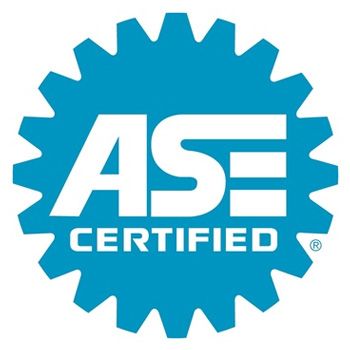

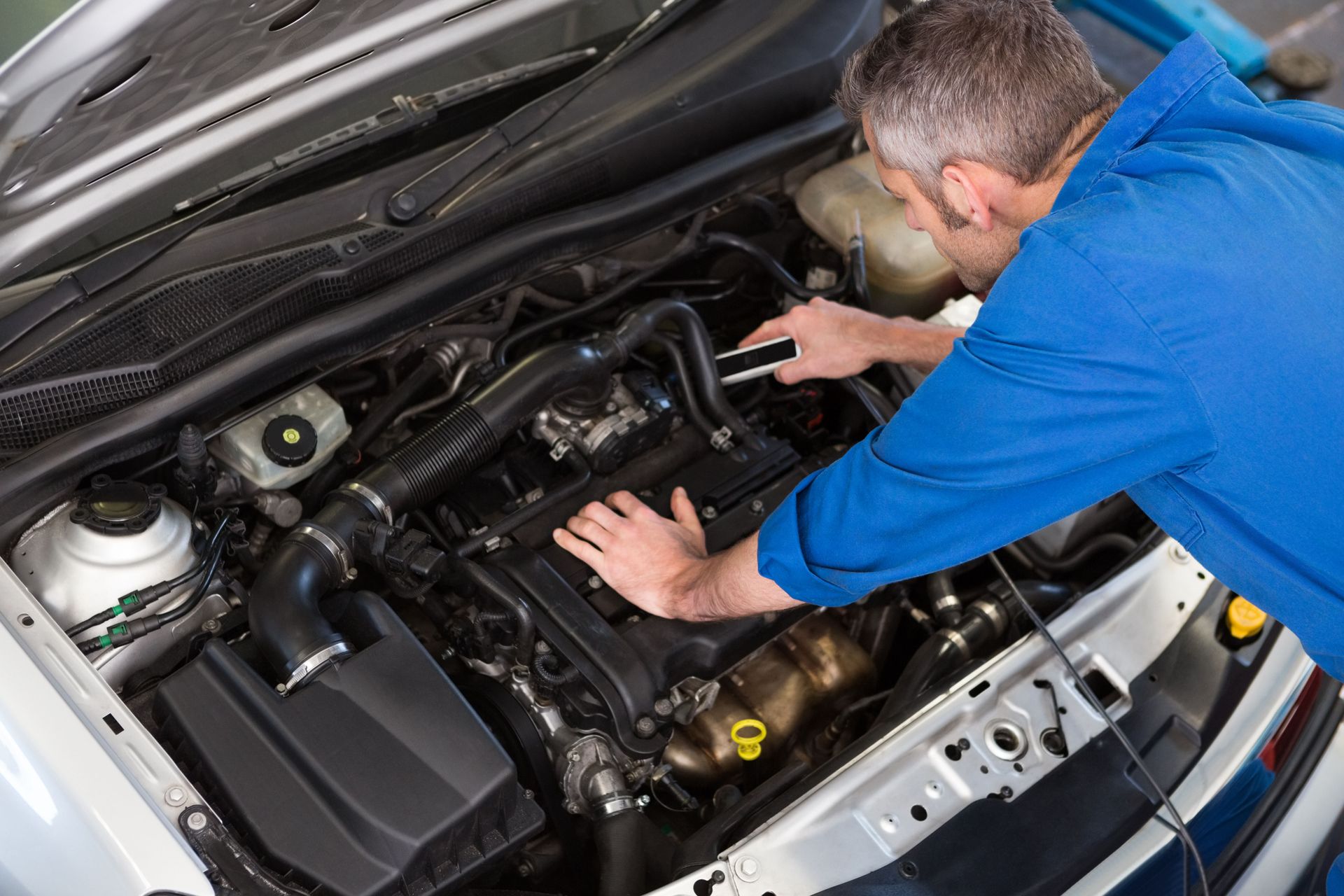
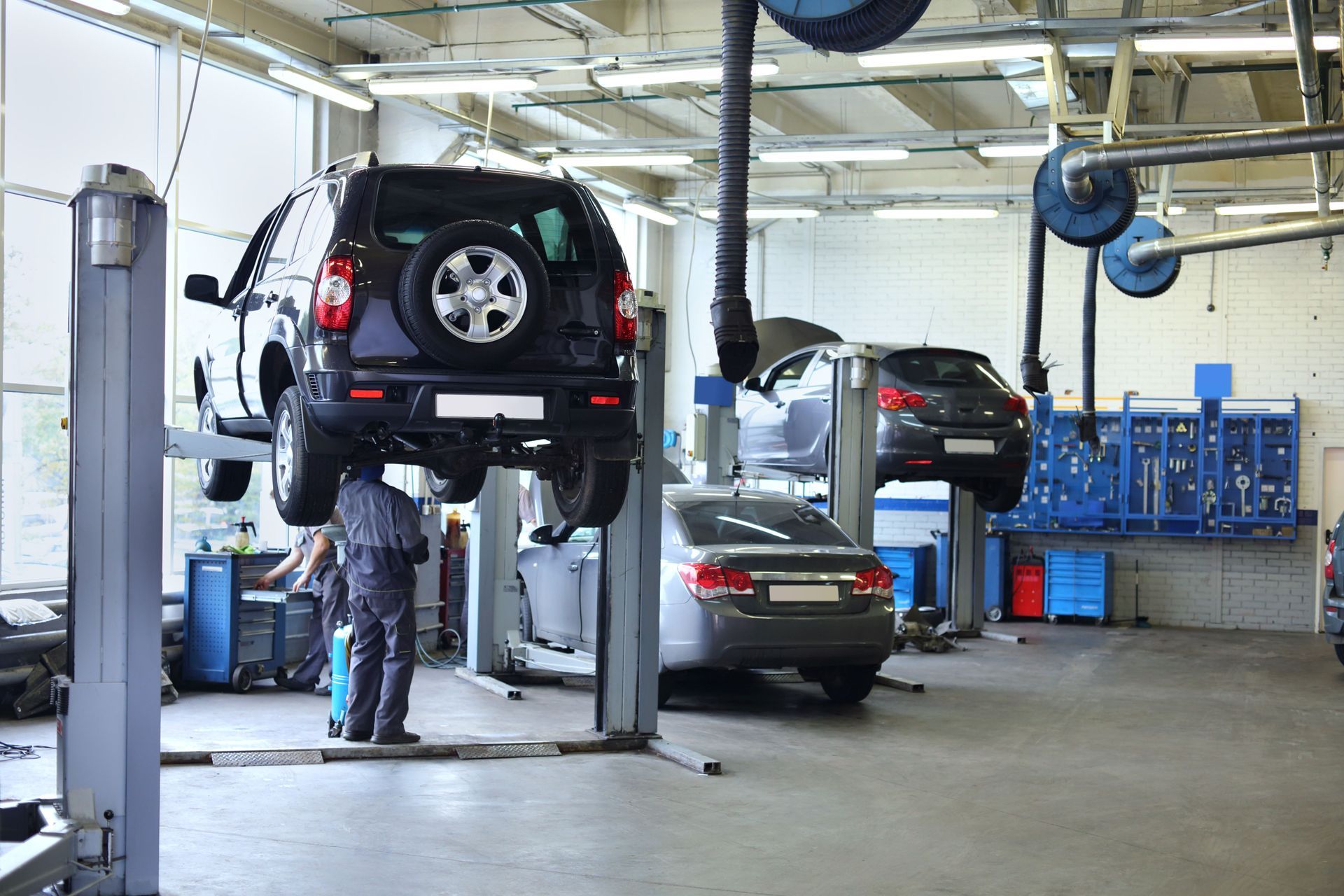
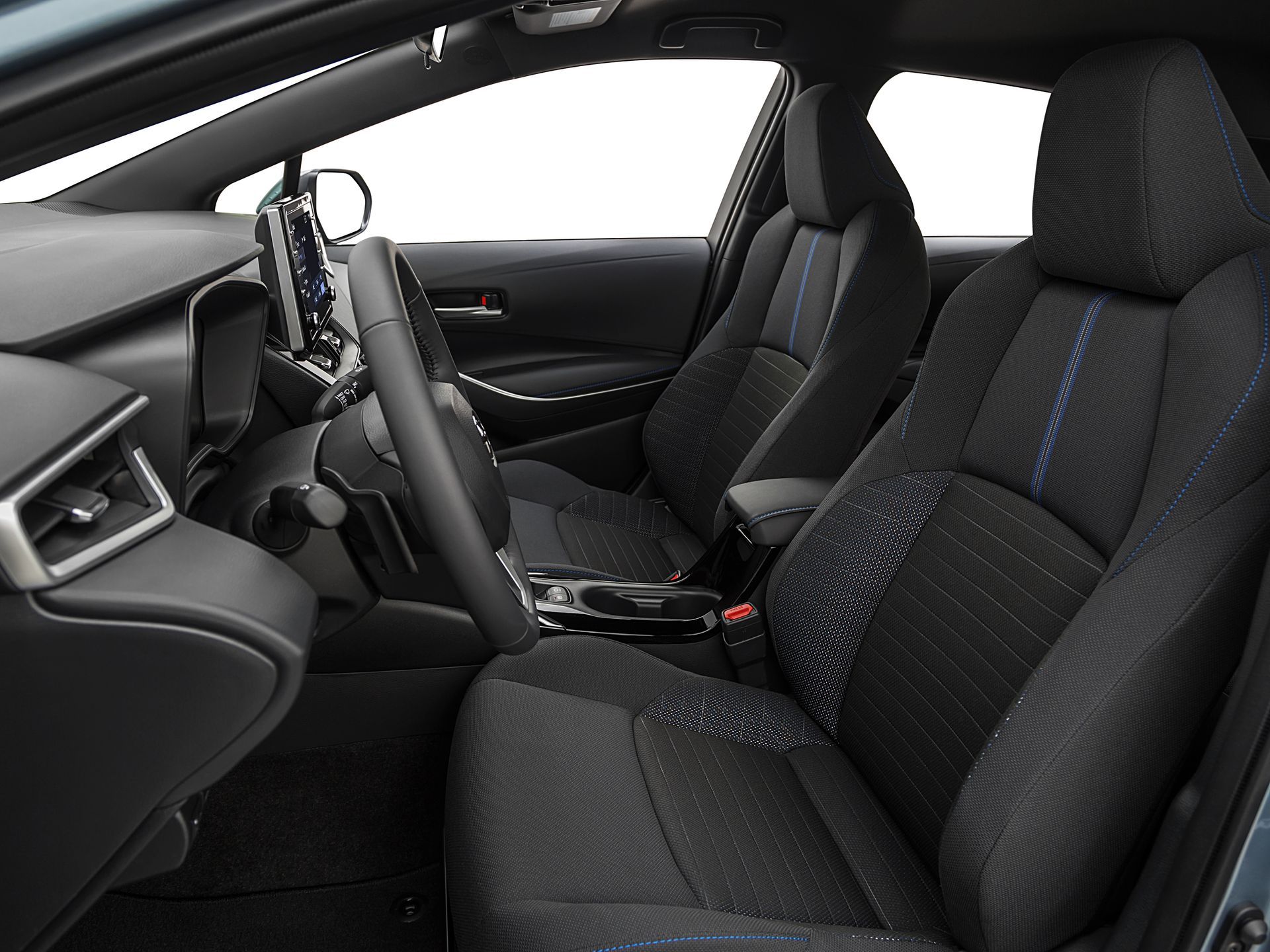
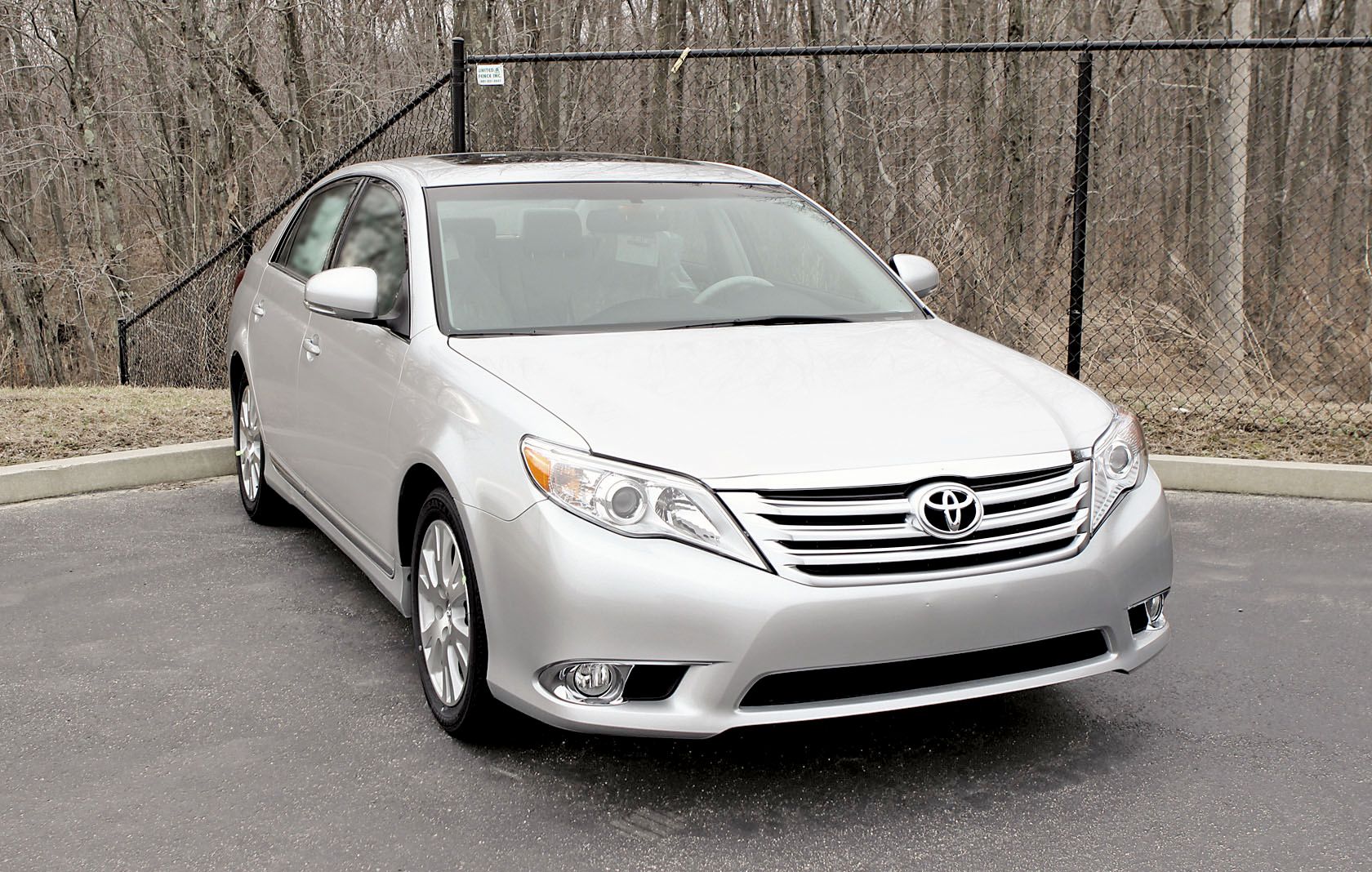

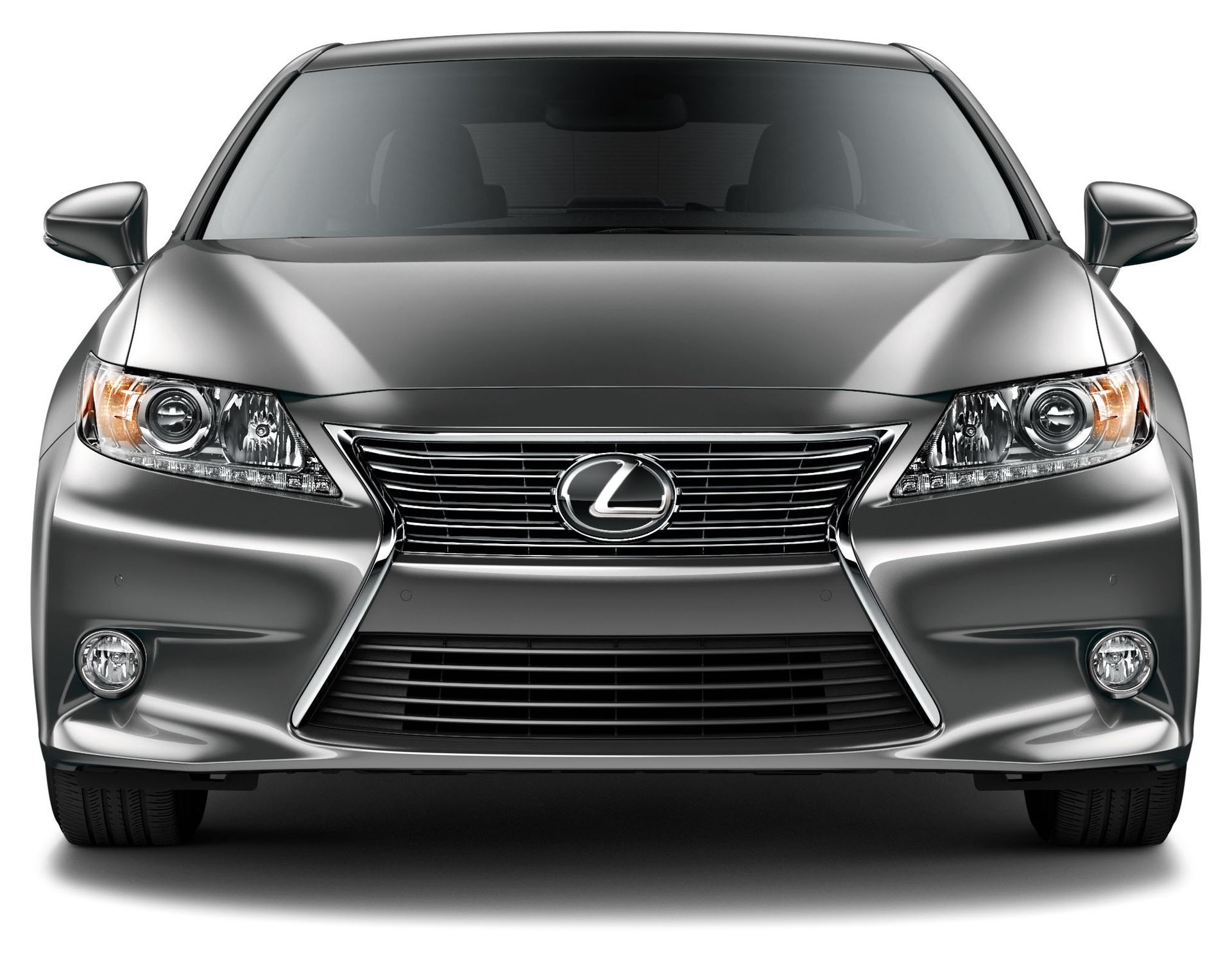
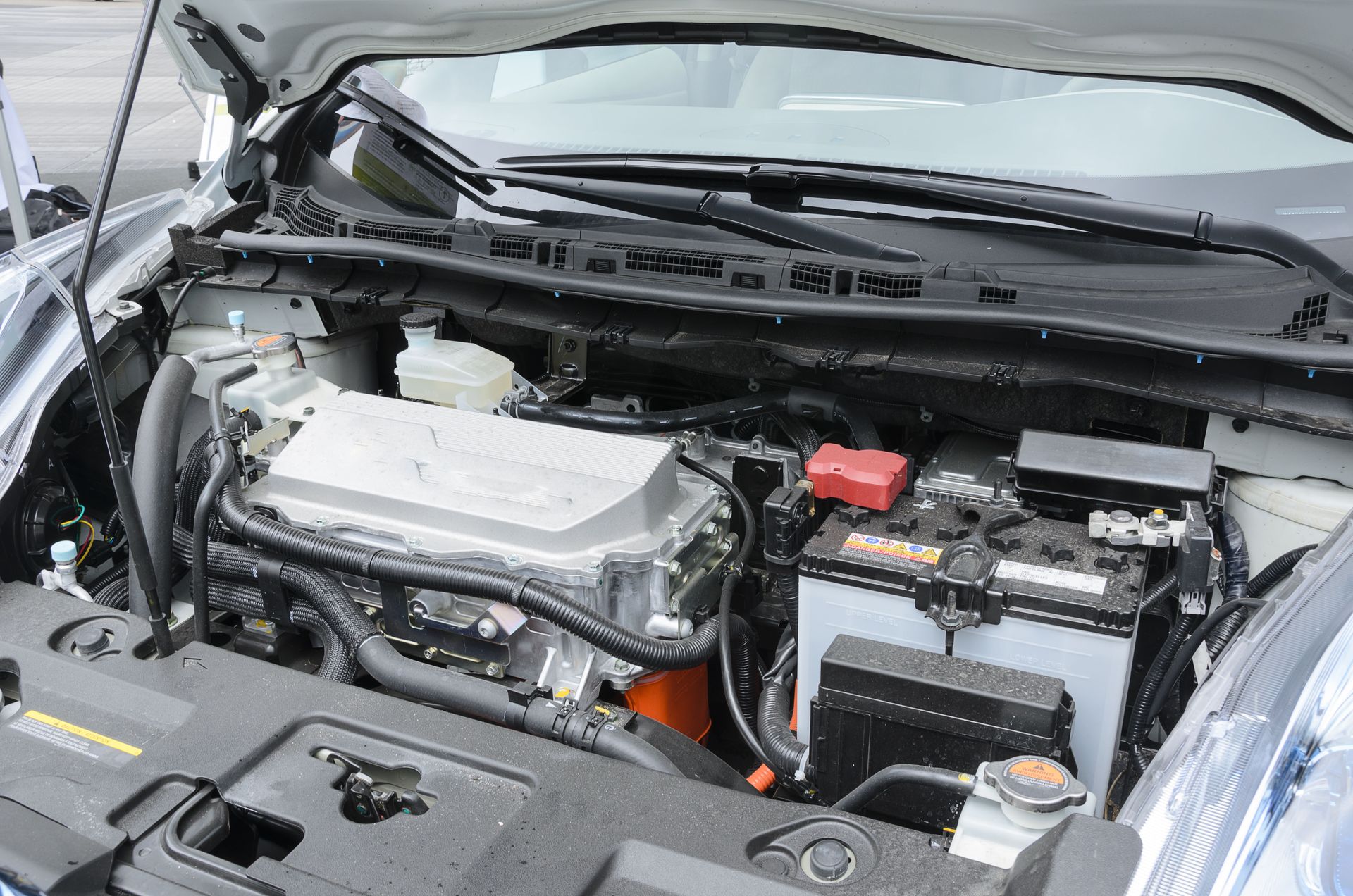
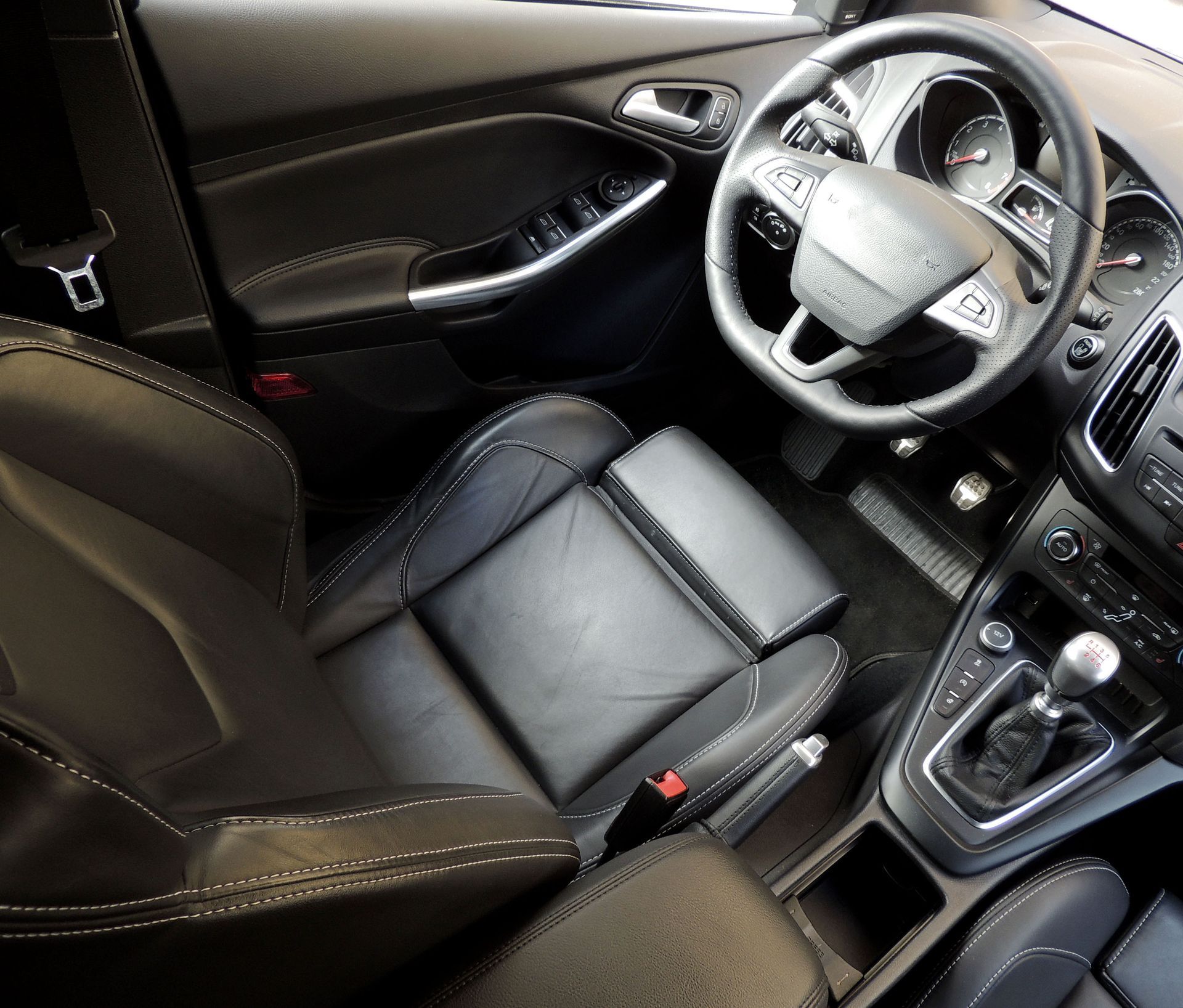
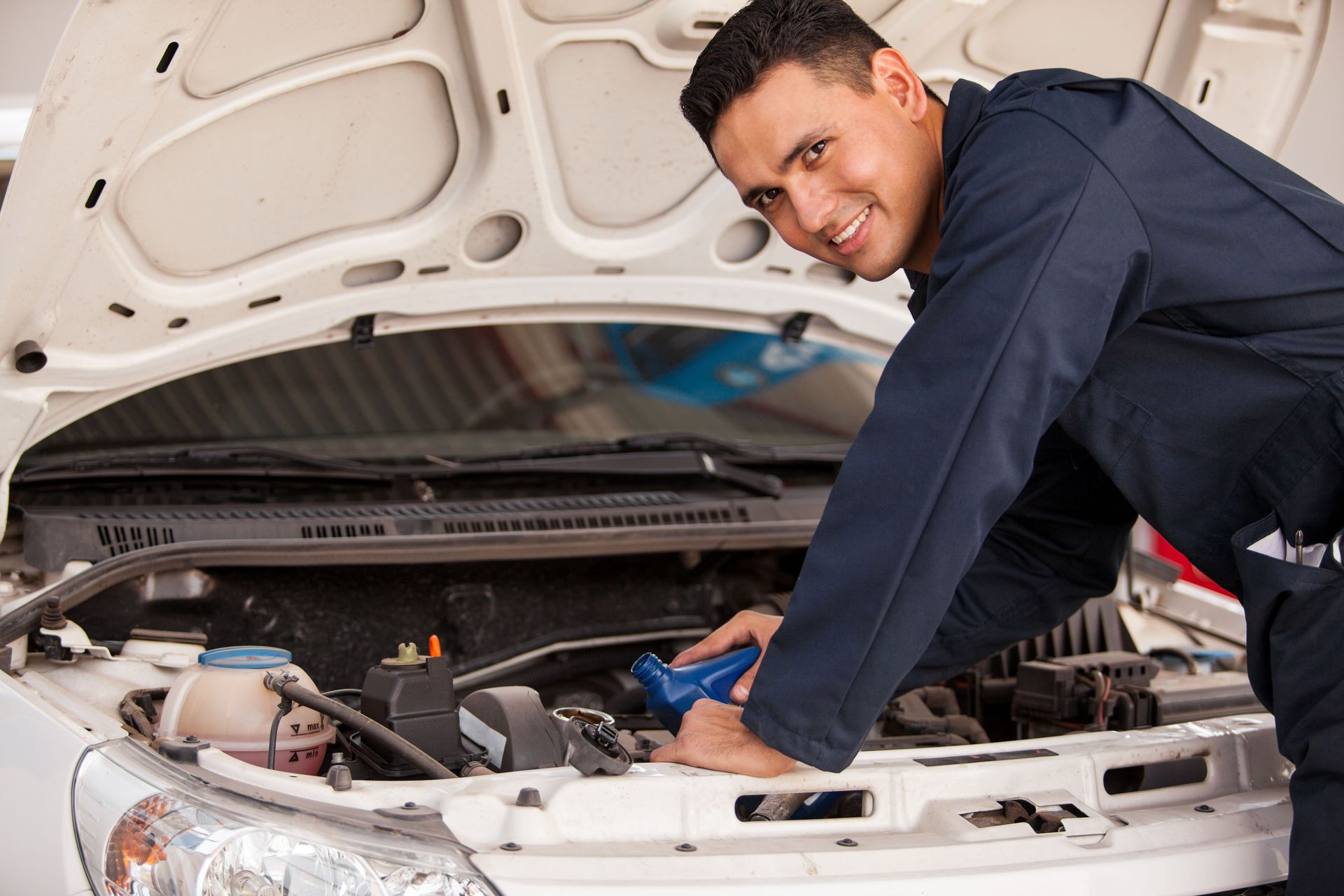
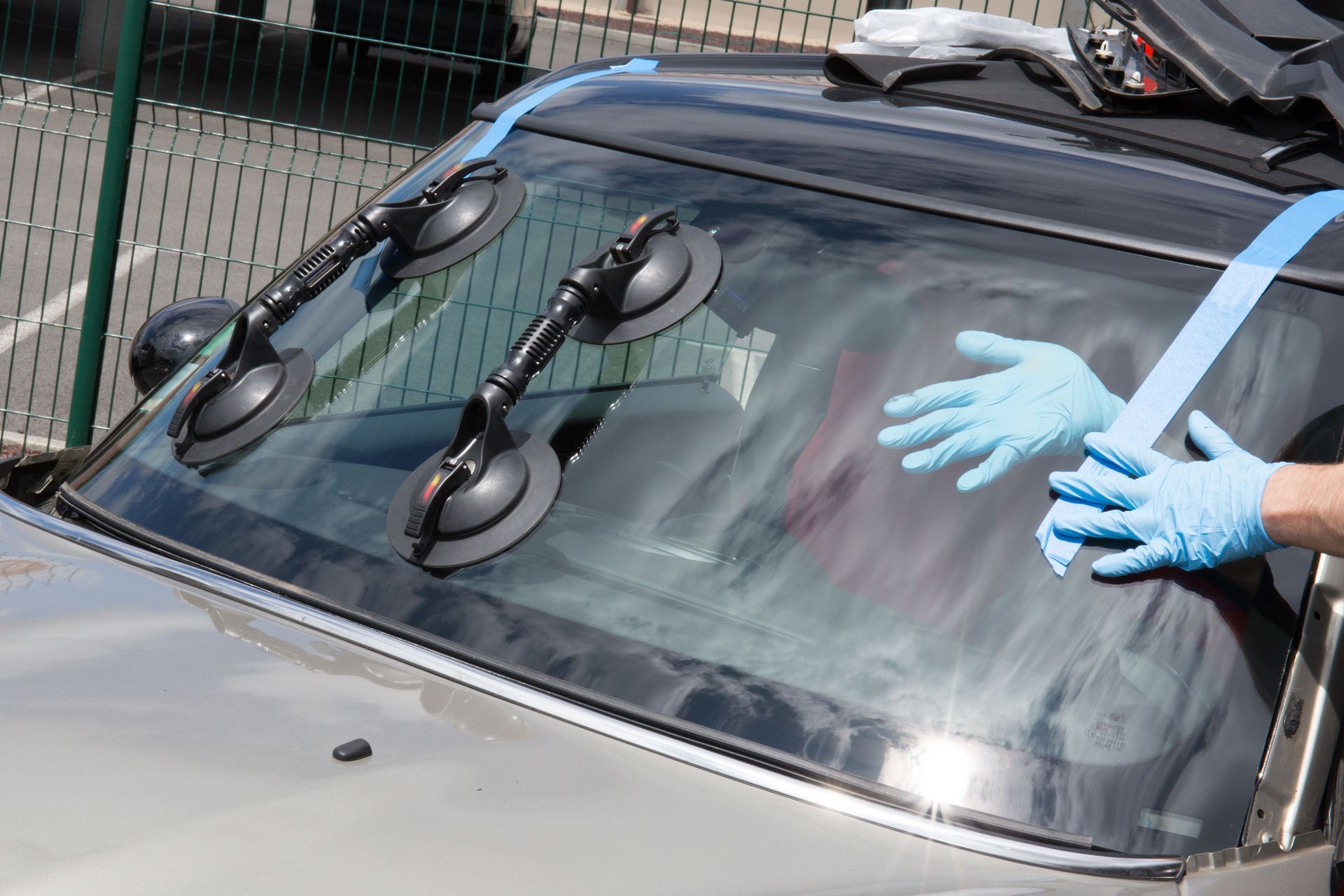
Share On: